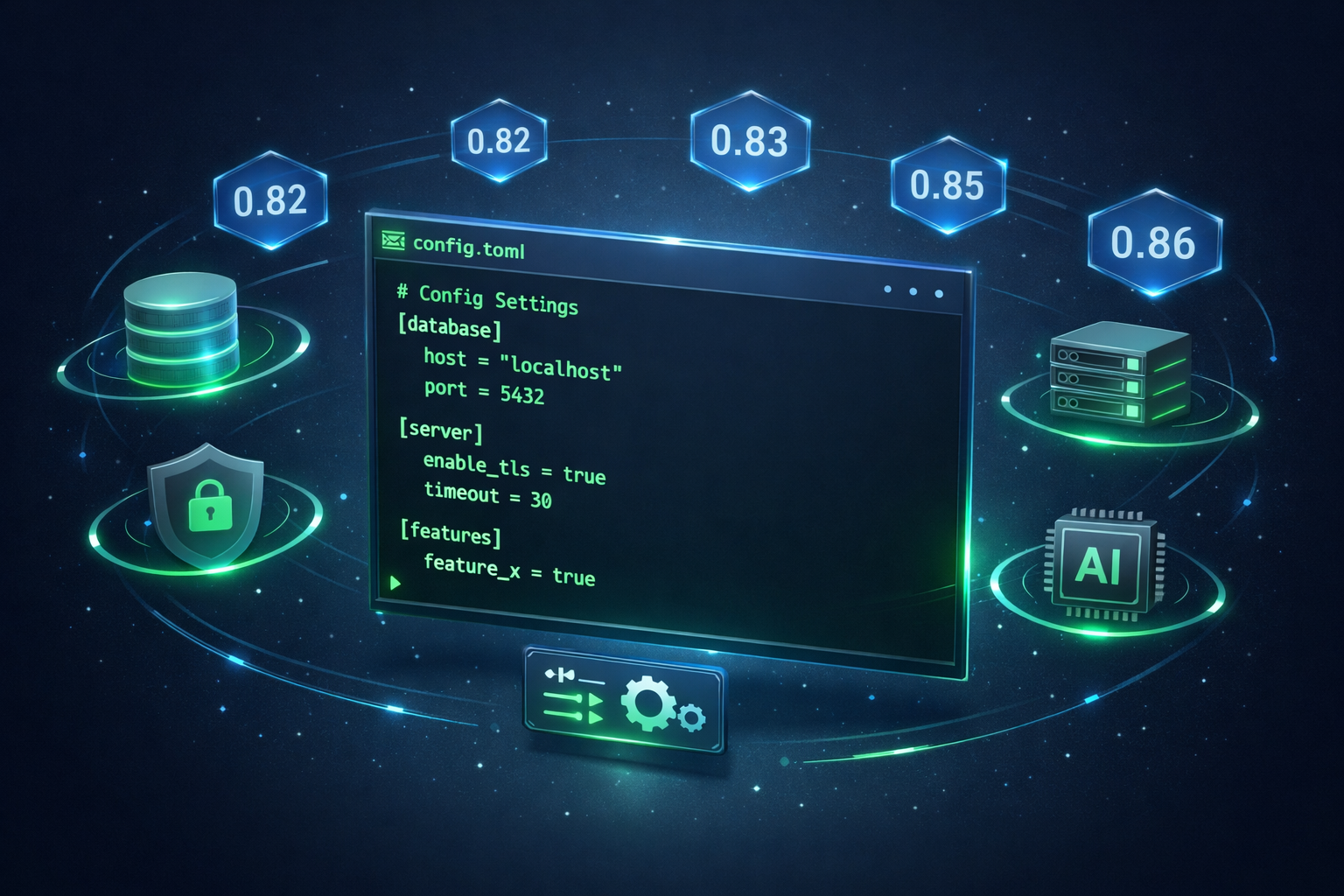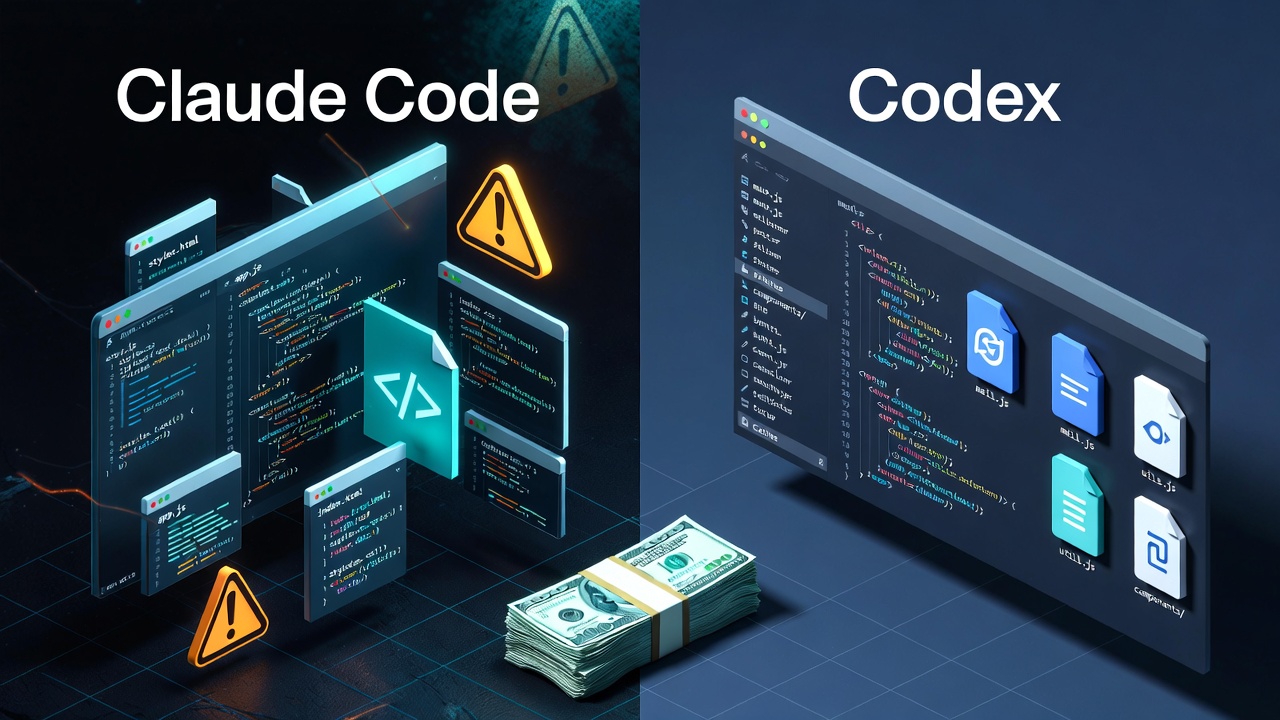
Xiao Li Rewrote Go Monolith to Rust Axum, Company Saved $800K+ Yearly, His Salary Hit $2M
This isn’t a story about flexing how fast Rust is. It’s about how tech choices translate to real money, and why most rewrite projects can’t replicate this result.









